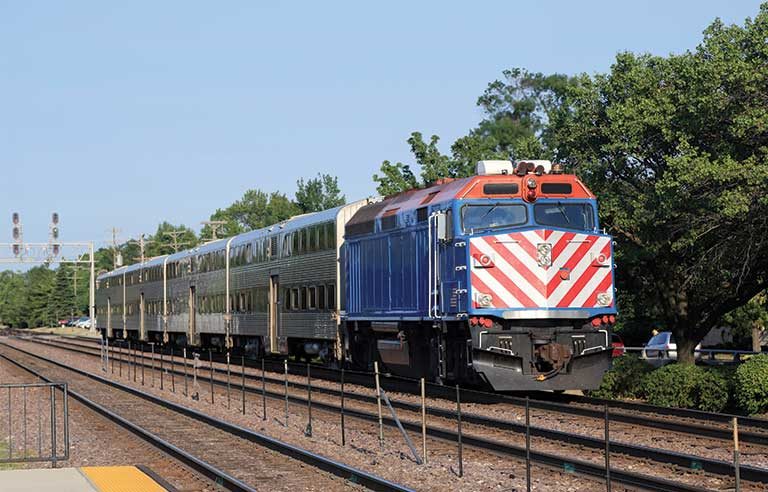FRA amending final rule on commuter, passenger railroad safety programs

Photo: gk-6mt/iStockphoto
Washington — More than three years after the Federal Railroad Administration published a final rule that requires commuter and intercity passenger lines to develop and implement system safety programs, FRA is amending the rule.
An SSP is a “structured program with proactive processes and procedures, developed and implemented by commuter and intercity passenger railroads to identify and mitigate or eliminate hazards and the resulting risks on each railroad’s system,” the original rule states.
According to a final rule published in the March 4 Federal Register, FRA is clarifying that “each passenger operation has responsibility for ensuring compliance with the SSP final rule.”
The new final rule, scheduled to go into effect May 4, also adjusts SSP compliance dates to account for FRA’s prior stay of the rule’s effective date. The rule states that an SSP should be fully implemented within 36 months of FRA’s approval of an SSP plan.
In addition, FRA is amending the rule to apply its information protections to the Confidential Close Call Reporting System – a recommended component of an SSP that allows participating railroads and employees to voluntarily and confidentially report close calls.
FRA says it will be making conforming amendments to its recent Risk Reduction Program final rule so that the RRP and SSP rules “have essentially identical consultation and information protection provisions.”
The SSP rule was originally published Aug. 12, 2016. FRA stayed the final rule requirements on four different occasions in 2017, then for a full year in 2018. In the Dec. 7, 2018 Federal Register, FRA said it was delaying a final ruling for nine months.
This past June, FRA published a notice of proposed rulemaking in response to petitions for reconsideration of the final rule. At that time, the agency also sought to extend the stay of the final rule requirements to review and address comments it received on the NPRM.
Post a comment to this article
Safety+Health welcomes comments that promote respectful dialogue. Please stay on topic. Comments that contain personal attacks, profanity or abusive language – or those aggressively promoting products or services – will be removed. We reserve the right to determine which comments violate our comment policy. (Anonymous comments are welcome; merely skip the “name” field in the comment box. An email address is required but will not be included with your comment.)

